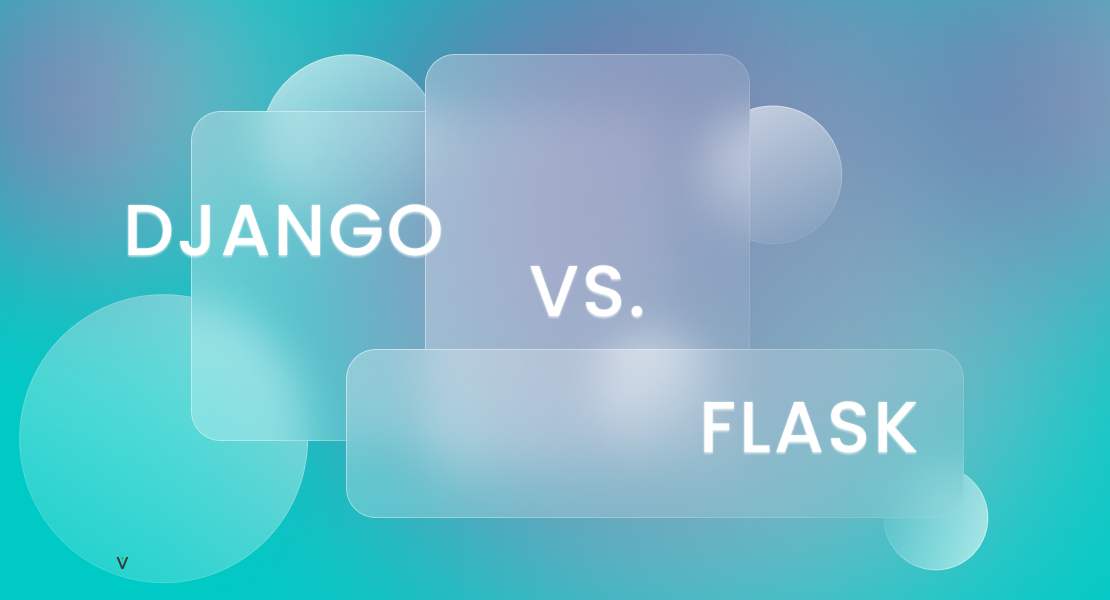

Rocket does this for you with zero programming overhead. Rocket is easy to use while taking great measures to ensure that your application is secure and correct without cognitive overhead.Īll request handling information should be typed and self-contained.īecause the web and HTTP are themselves untyped (or stringly typed, as some call it), this means that something or someone has to convert strings to native types.

The path of least resistance should lead you to the most secure, correct web application, though security and correctness should not come at the cost of a degraded developer experience. Security, correctness, and developer experience are paramount. Rocket's design is centered around three core philosophies: Mozilla provides a good overview of these concepts in their MDN web docs. This guide also assumes a basic understanding of web application fundamentals, such as routing and HTTP.

Readers new to Rust are encouraged to read the Rust Book. Readers are assumed to have a good grasp of the Rust programming language. After reading this guide, you should find yourself being very productive with Rocket. This guide introduces you to the core, intermediate, and advanced concepts of Rocket.
#ACTIX VS FLASK CODE#
Importantly, Rocket also aims to be fun, and it accomplishes this by ensuring that you write as little code as needed to accomplish your task. Rocket aims to be fast, easy, and flexible while offering guaranteed safety and security where it can. We prefer to think of Rocket as something new. If you'd like, you can think of Rocket as being a more flexible, friendly medley of Rails, Flask, Bottle, and Yesod.


 0 kommentar(er)
0 kommentar(er)
